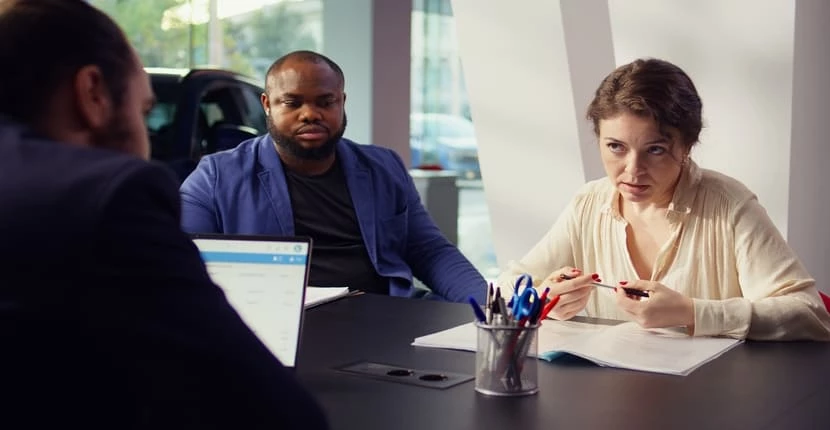
At Fast Insolvency, we offer step-by-step support for businesses needing to appoint a licensed insolvency practitioner (IP) in .
Whether you’re considering voluntary liquidation, a CVA, or business restructuring, the right IP can help manage legal obligations, protect directors, and ensure a compliant outcome.
We provide affordable, licensed insolvency practitioners with fixed-fee appointments and honest advice.
Contact us today for free guidance and fixed-fee appointments with experienced insolvency professionals.
What Is an Insolvency Practitioner?
An insolvency practitioner is a licensed professional authorised to act on behalf of insolvent companies or individuals.
They handle formal processes like Creditors' Voluntary Liquidation (CVL), administration, Company Voluntary Arrangements (CVA), and receivership in .
When Do I Need to Appoint an Insolvency Practitioner?
You need to appoint an IP when your company is insolvent and can no longer pay its debts as they fall due, or when its liabilities exceed its assets.
Early appointment helps prevent wrongful trading and allows you to explore available solutions.
How Do I Appoint an Insolvency Practitioner?
The process typically begins with a free consultation. If liquidation or restructuring is required, you’ll formally engage the IP by signing a letter of engagement in .
In a CVL, shareholders pass a resolution to appoint the IP, who is then confirmed by creditors.
What Role Does an IP Play in Company Liquidation?
In liquidation, the IP manages the entire process, from valuing and selling assets to distributing funds to creditors and closing the company.
They also investigate director conduct and ensure compliance with UK insolvency law.
Can I Choose My Own Insolvency Practitioner?
In voluntary procedures in , such as a CVL or MVL, directors and shareholders can choose their own IP.
However, in compulsory liquidation, the court appoints the Official Receiver, and creditors must approve any replacement IP.
What Qualifications Must an Insolvency Practitioner Have?
All IPs in the UK must be licensed by a recognised professional body such as ICAEW or IPA.
They must also pass the Joint Insolvency Examination Board (JIEB) exams and maintain ongoing professional standards.
What’s the Difference Between an IP and a Solicitor or Accountant?
An insolvency practitioner is the only professional legally authorised to conduct formal insolvency procedures.
While solicitors and accountants may provide financial or legal advice, they cannot administer liquidations or CVAs unless licensed.
What Documents Do I Need to Appoint an IP?
You’ll need basic company documents, including:
Recent accounts and balance sheet
Details of creditors and liabilities
Employee contracts
Lease and asset information
We can help gather these during the initial consultation phase.
How Much Does It Cost to Appoint an Insolvency Practitioner?
A Creditors’ Voluntary Liquidation (CVL) in costs from around £3,000–£5,000, with fixed-fee options available.
Costs vary depending on the service.
We provide full quotes before any engagement is signed.
Can an IP Help Save My Business?
An IP can assess if your business is viable and help implement a rescue plan such as a CVA or administration instead of closure.
Early intervention offers the best chance of survival.
Can I Appoint an IP for a Solvent Business?
Yes. If you want to close a solvent company, you can appoint an IP to carry out a Members’ Voluntary Liquidation (MVL) and extract retained profits tax efficiently.
Will the IP Report on My Conduct as a Director?
As part of any liquidation, the IP must submit a director conduct report to the Insolvency Service.
This is routine but may lead to disqualification if misconduct or wrongful trading is found.
What If I Delay Appointing an Insolvency Practitioner?
Delaying increases the risk of wrongful trading, creditor action, or personal liability.
Early advice allows more options and reduces legal and financial risks for directors.
Can You Help Me Choose the Right Procedure?
At Fast Insolvency, we assess your company’s position and explain all available routes, CVL, CVA, MVL, administration, before making any recommendation.
Get Help Appointing an Insolvency Practitioner Today
If your business is under pressure, the right IP can make all the difference.
We support directors through every stage of the process, from first consultation to legal closure.
Contact Fast Insolvency now in for free guidance and take the next step with confidence.
